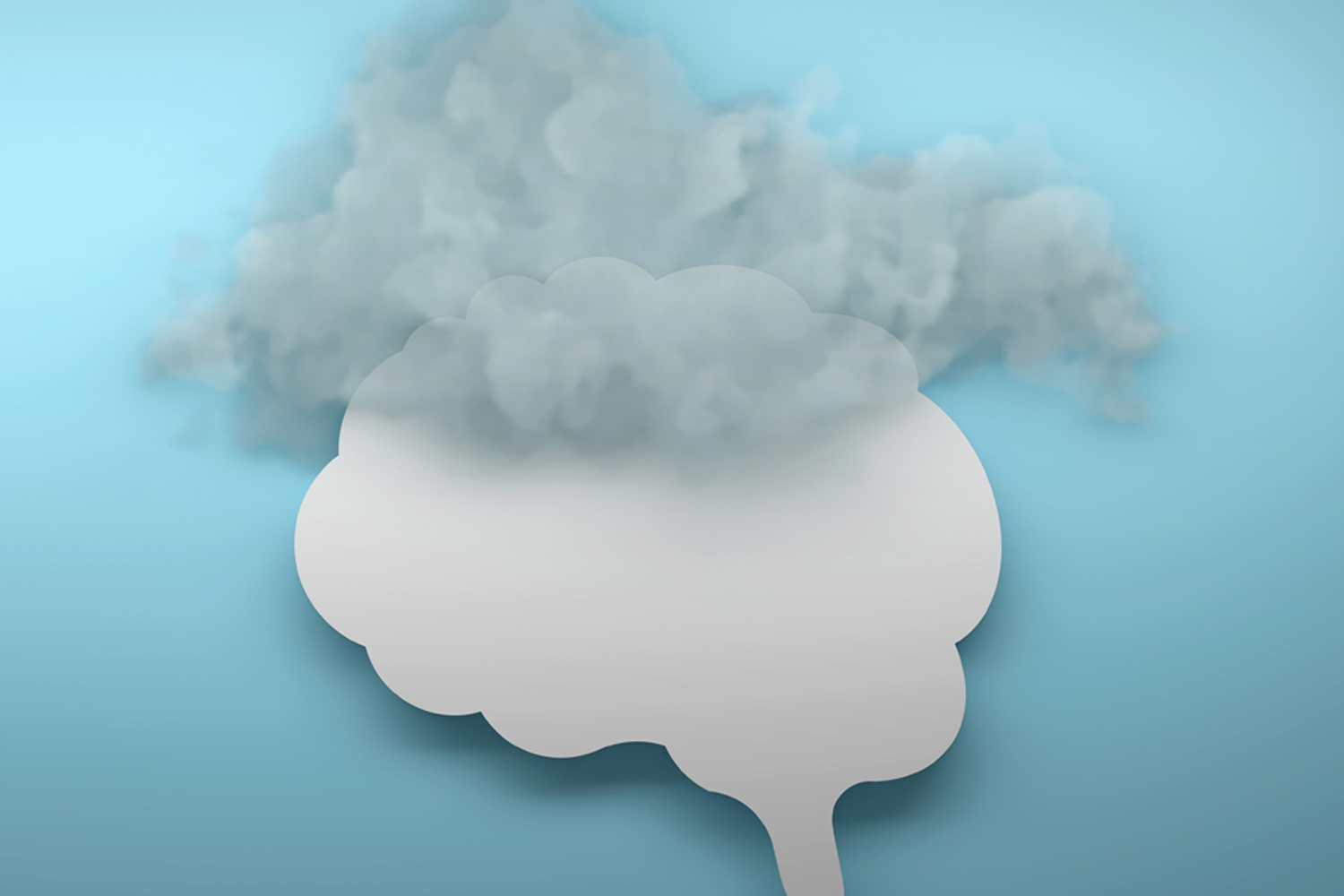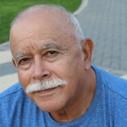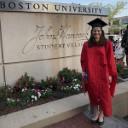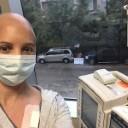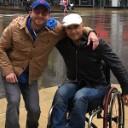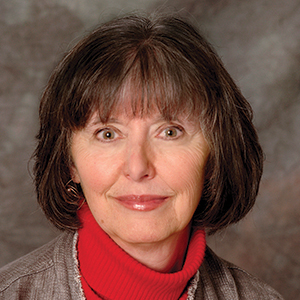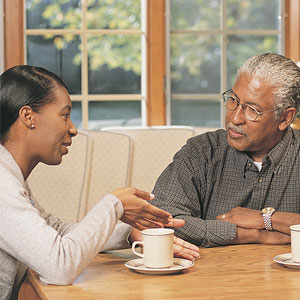-
Cancer and Older Adults: Can Oncologists Do Better?
Geriatric assessment reduces toxicity from treatment and improves quality of life in older adults with cancer.
by Marci A. Landsmann
-
Why Skip a Dose?
A survey of over 1,000 breast cancer patients prescribed endocrine therapy sheds light on low adherence.
by Emma Yasinski
-
When COVID-19 Comes Home
I have brain cancer, and my wife is a health care worker. These are some questions we had to consider leading up to and after her diagnosis with COVID-19.
by Adam Hayden
-
What It’s Like to Get a “C” in Graduate School
I was afraid that my thyroid cancer diagnosis would derail my graduate school plans. Instead, it helped shape my career path.
by Carly Flumer
-
Embracing Palliative Care Sooner
Studies show the benefits palliative care can provide to advanced cancer patients, but also highlight inequities in access.
by Jen Tota McGivney
-
Using Leftover Cancer Drugs to Help Others
Cancer drug repositories that accept unused drugs could provide an affordable source of medications for patients in need, while also providing patients left with extra drugs a way to give back.
by Jon Kelvey
-
Facing Cancer and a Pandemic at the Same Time
Cancer patients and their families share stories of fear, love and uncertainty as they find new ways to support each other.
by Jen Tota McGivney
-
Virtual Connection in a Time of Social Distance
Responding to the coronavirus, patient advocates and nonprofits expand existing outreach initiatives and launch new ones.
by Marci A. Landsmann
-
Your Cancer Guide
Weighing Treatment Options for Advanced CancerPatients with metastatic disease need to carefully consider risks and benefits of therapies within the context of their goals.
by Hester Hill Schnipper
-
Caregiving With Confidence
Strategies for Effective CommunicationWhen families work together to provide care for a loved one, communicating can become a challenge.
by Ashley Jones
Cancer Talk
Lessons From 20 Years Living With Cancer
Multiple myeloma survivor Jonathan Gluck reflects on uncertainty, and the scientific progress that has kept him living with cancer for more than two decades.
by Eric Fitzsimmons
The Enduring Importance of Cancer Disparities ResearchOpening session from AACR conference highlights how perseverance and adversity have informed cancer disparities research over the years.
by Eric Fitzsimmons
Most Cancer Survivors Don’t Meet Healthy Diet GoalsDespite research linking fruits and vegetables to cancer survival, many people do not change their eating habits after diagnosis.
by Darlene Dobkowski
Many People Don’t Get Colonoscopy After Receiving Abnormal Blood TestsAbout half of people who receive abnormal results from colorectal cancer screening tests don’t follow up with a colonoscopy.
by Laura Gesualdi Gilmore

